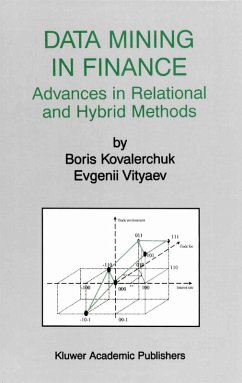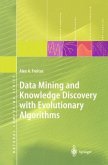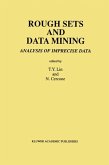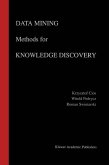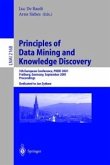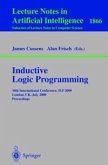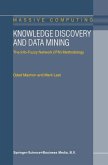Data Mining in Finance presents a comprehensive overview of major algorithmic approaches to predictive data mining, including statistical, neural networks, ruled-based, decision-tree, and fuzzy-logic methods, and then examines the suitability of these approaches to financial data mining. The book focuses specifically on relational data mining (RDM), which is a learning method able to learn more expressive rules than other symbolic approaches. RDM is thus better suited for financial mining, because it is able to make greater use of underlying domain knowledge. Relational data mining also has a better ability to explain the discovered rules - an ability critical for avoiding spurious patterns which inevitably arise when the number of variables examined is very large. The earlier algorithms for relational data mining, also known as inductive logic programming (ILP), suffer from a relative computational inefficiency and have rather limited tools for processing numerical data. Data Mining in Finance introduces a new approach, combining relational data mining with the analysis of statistical significance of discovered rules. This reduces the search space and speeds up the algorithms. The book also presents interactive and fuzzy-logic tools for `mining' the knowledge from the experts, further reducing the search space. Data Mining in Finance contains a number of practical examples of forecasting S&P 500, exchange rates, stock directions, and rating stocks for portfolio, allowing interested readers to start building their own models. This book is an excellent reference for researchers and professionals in the fields of artificial intelligence, machine learning, data mining, knowledge discovery, and applied mathematics.
Dieser Download kann aus rechtlichen Gründen nur mit Rechnungsadresse in A, B, BG, CY, CZ, D, DK, EW, E, FIN, F, GR, HR, H, IRL, I, LT, L, LR, M, NL, PL, P, R, S, SLO, SK ausgeliefert werden.

